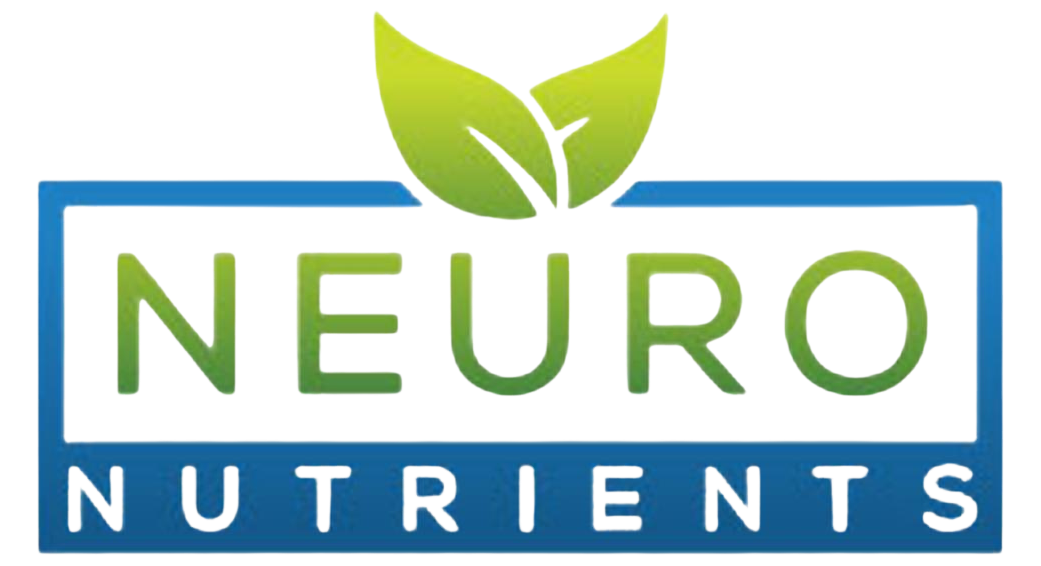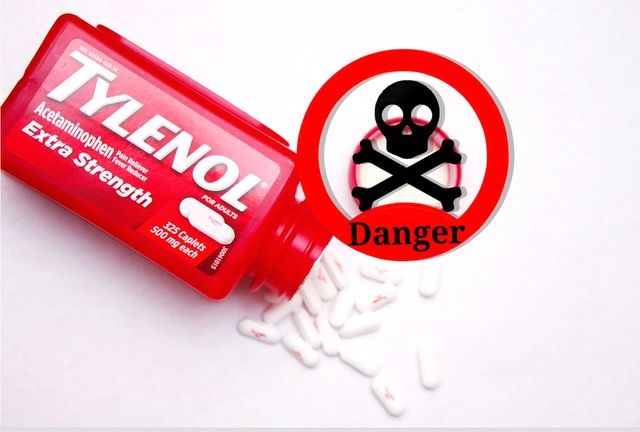If you do a google search for “autism and Tylenol” or “ADHD and Tylenol” the search results will likely show several law offices trying to lure families in that have a child with autism or ADHD. You might also hear a radio ad or tv commercial doing that very same thing. There are now several class action law suits that are going after the manufactures of acetaminophen (the generic name for Tylenol) containing products, seeking compensation from those makers for injury of unborn infants due to Tylenol use during pregnancy. This is such an important conversation for us to have, not only for children today that have ADHD and autism, but also for the future unborn generation of children.
There was an important study done in 2018, that was a meta analysis and systematic review, aiming to answer the question, “does prenatal use of Tylenol lead to an increased risk of autism and ADHD”. This means the authors of this study did a thorough and deep dive into the previously published and peer reviewed medical literature, qualifying studies to be included that were high quality, and synthesized their individual findings to answer the intended question. In medical science, when we pool together previously high quality medical studies, the impact of that synthesized data, can be quite compelling, and create a new level of evidence that challenges current medical truth.
The results of this study were just that, compelling. The authors found through their analysis that mothers that used Tylenol during their pregnancy had a 30% increased risk of having a child with ADHD, and a 20% risk of one with autism. The significance of that is astounding. It’s no wonder that lawyers are trying to recruit the masses to go after these companies, as the evidence is quite clear that there is a profound associated risk of harm.
The question is why?
The answer has been in plain sight for so long. I am so grateful we can bring this to light, once again, and hopefully more people are wiling to accept its truth and listen. Why these mothers and unborn babies have this risk is associated with glutathione. It still amazes me that so many medical providers have never even heard this term. Glutathione is our master antioxidant. It is imperative for so many detox reactions in our body and our brain, and of the most important substances in our bodies. How does Tylenol relate to glutathione? Quite simply, using Tylenol will deplete glutathione (this is a well established medical fact), and when you deplete glutathione, you have less ability to handle toxicity in the body. Children with neurodevelopment disorders (autism, ADHD, developmental delay, sensory integration disorder, etc) are known to have an increased risk of a greater toxic body burden. This is due to the mothers total toxic load going into conception and/or the genetic predisposition of that child in relation to their ability to make glutathione.
Here is how it goes:
- Vulnerable child or unborn baby with increased toxic burden
- Genetic vulnerability to have a lower baseline of glutathione
- Glutathione is depleted from the body as it uses it as an antioxidant
- Glutathione status is low, Tylenol use lowers it even further
- The body does not have the ability to mitigate the oxidative stress
- Injury to the brain and body occur
Depleting glutathione through use of Tylenol will increase the risk of toxic injury to the body, and the unborn baby. More recently we have also discovered that being deficient in glutathione can impact DNA methylation and epigenetic modulation (how your body grows and repairs). In a reductionist way to summarize it- our world is more toxic, and as a consequence, our unborn babies are more likely to be born today with greater toxic burdens. We should do everything in our power to increase antioxidant status in both mothers and babies to achieve better growth, development, and health outcomes.
What can we do about it now?
Families are not powerless. It is very solid advice now to avoid all Tylenol or acetaminophen containing products during pregnancy. I also advice my patients to avoid it completely if they can, using Ibuprofen instead if they have a strong need for a fever or pain reducing medication. For those that have to take a Tylenol containing product (most pain medications that are prescribed have it in it), please take N-Acetyl-Cysteine (NAC). In fact, the gold standard in medicine for anyone that presents to the emergency department that has taken a bottle of Tylenol in efforts to overdose, is to rescue their bodies by giving NAC. NAC is the precursor to glutathione, and increasing NAC in the body will increase your glutathione production, reversing injury caused to the liver. Taking glutathione orally is poorly absorbed in most people, so if you don’t have access to a glutathione IV treatment, taking NAC is the next best solution.
This knowledge of Tylenol depleting glutathione, and increasing risk of injury to the body, transfers to other things our bodies go through with toxic injury. Avoid Tylenol completely if you can, but certainly after putting things into your body that cause stress or injury, such as drinking alcohol or vaccines, and 100% for patients with any type of liver disease or impairment. Thankfully we now also have evidence for those that have a child with autism or ADHD, taking NAC can have a positive, therapeutic health benefit for their brains and body. That would be another blog however, so I will conclude for now.
With hope for better health for everyone,
Dr. Emily Gutierrez, DNP, C-PNP, IFMCP, PMHS, CCN
Doctor of Nursing Practice, Certified Pediatric Nurse Practitioner, Institute of Functional Medicine Certified Practitioner, Certified Primary Care Mental Health Specialist, and Certified Clinical Nutritionist
Peer Reviewed References:
Alvarez-Arellano L, González-García N, Salazar-García M, Corona JC. Antioxidants as a Potential Target against Inflammation and Oxidative Stress in Attention-Deficit/Hyperactivity Disorder. Antioxidants. 2020; 9(2):176. https://doi.org/10.3390/antiox9020176
Bjørklund G, Tinkov AA, Hosnedlová B, Kizek R, Ajsuvakova OP, Chirumbolo S, Skalnaya MG, Peana M, Dadar M, El-Ansary A, Qasem H, Adams JB, Aaseth J, Skalny AV. The role of glutathione redox imbalance in autism spectrum disorder: A review. Free
Brok, J., Buckley, N., and Gluud, C. Interventions for paracetamol (acetaminophen) overdose. Cochrane Database. Syst.Rev. 2006; (2):CD003328.
Lee TM, Lee KM, Lee CY, Lee HC, Tam KW, Loh EW. Effectiveness of N-acetylcysteine in autism spectrum disorders: A meta-analysis of randomized controlled trials. Aust N Z J Psychiatry. 2021 Feb;55(2):196-206. doi: 10.1177/0004867420952540. Epub 2020 Sep 8. PMID: 32900213.
Radic Biol Med. 2020 Nov 20;160:149-162. doi: 10.1016/j.freeradbiomed.2020.07.017. Epub 2020 Jul 31. PMID: 32745763.
Reem Masarwa, Hagai Levine, Einat Gorelik, Shimon Reif, Amichai Perlman, Ilan Matok, Prenatal Exposure to Acetaminophen and Risk for Attention Deficit Hyperactivity Disorder and Autistic Spectrum Disorder: A Systematic Review, Meta-Analysis, and Meta-Regression Analysis of Cohort Studies, American Journal of Epidemiology, Volume 187, Issue 8, August 2018, Pages 1817–1827, https://doi.org/10.1093/aje/kwy086
White AC, Thannickal VJ, Fanburg BL. Glutathione deficiency in human disease. J Nutr Biochem. 1994;5:218-26. http://www. sciencedirect.com/ science/article/pii/0955286394900396 Updated January 27, 2003. Accessed February 27, 2012.
Witschi A, et al. The systemic availability of oral glutathione. Eur J Clin Pharmacol. 1992;43:667-9. [PMID: 1362956].

